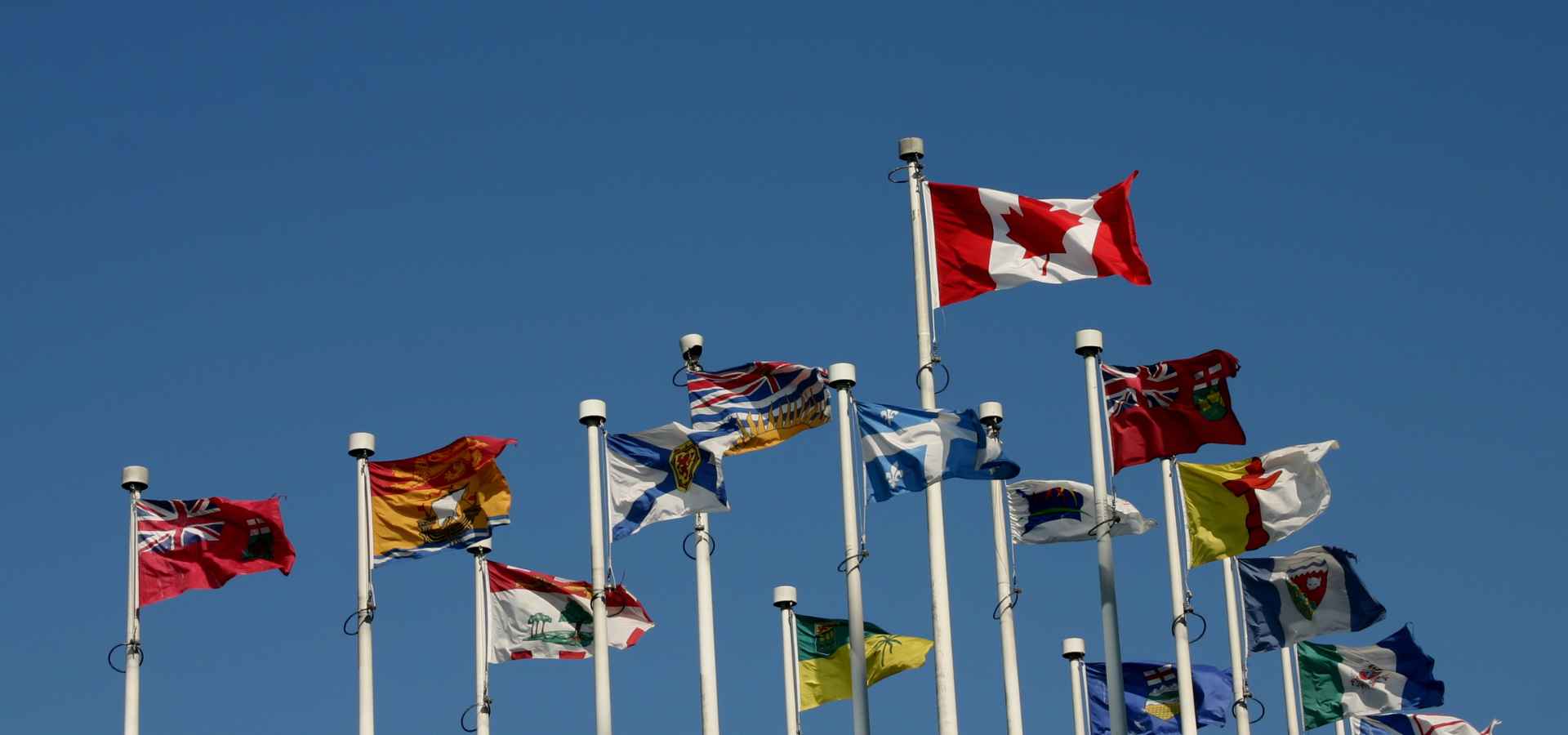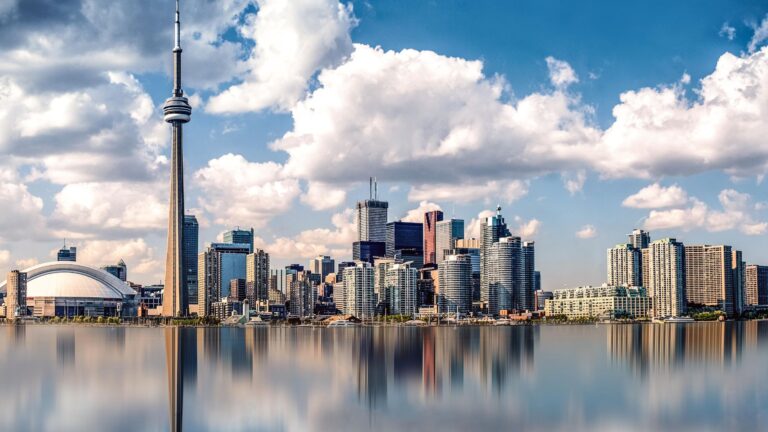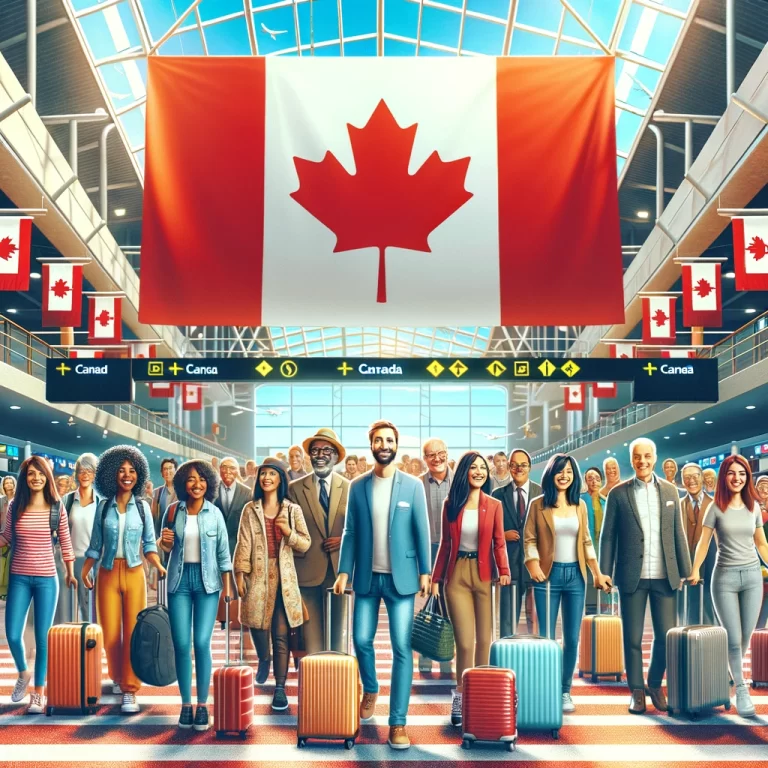How to move to Canada: the easy-to-understand guide

Do you dream of wide open spaces, breathtaking nature and a fresh start in a welcoming country? Moving to Canada is a dream... but it can also be a little scary. And so it should! With all the paperwork to fill out, packing to do, and procedures to follow, you can quickly feel lost.
But don't panic! In this article, I'll take you step-by-step through the process of moving to Canada, as if we were packing your bag together for the adventure. We'll look at the important steps, the pitfalls to avoid, and how to settle into your new life stress-free.
Ready to go? We're off!
1. Why move to Canada?
Before jumping in, let's ask ourselves a simple question: why does Canada attract so many people?
Canada is a huge, stable, multicultural country renowned for its quality of life. You'll find :
- Career opportunities in a wide range of sectors (technology, healthcare, construction, etc.)
- Nature is everywhere, with lakes, forests and even the aurora borealis.
- Dynamic cities like Montreal, Toronto and Vancouver
- An open, tolerant and safe society
In short, if you're looking for a good balance between work, nature and well-being... Canada has it all.
2. Choosing the right city in Canada
Moving to Canada, yes... but where exactly? The country is gigantic, and each region has its own personality.
Here are some popular options:
| City | Highlights |
|---|---|
| Montréal | Culture, francophonie, affordable cost of living |
| Toronto | Cosmopolitan city, job opportunities |
| Vancouver | Nature + sea + mountains, mild climate |
| Quebec | History, European ambience, a quieter life |
| Calgary | Growing economy, close to the Rockies |
Ask yourself the right questions: do you want to speak French or English every day? Do you prefer a big city or a quieter place? Can you handle winter well?
3. Getting the right visa to move to Canada
This is THE first real administrative step: obtaining the right to enter and remain in Canada. And then you have to choose the right immigration program.
The main options are :
- Work permit: ideal if you have a job offer
- Study permit: for training or higher education
- Express Entry: for skilled workers (points system)
- International Experience Canada (IEC): for young people aged 18 to 35, valid for 1 to 2 years
- Family sponsorship: if you're joining a relative who's already a resident
👉 Practical tip: To move to Canada, you first need to choose the right visa: work permit, study permit, EIC or permanent residence depending on your situation.
4. Prepare the necessary documents
Once you know which visa is right for you, you'll need to put together a good file. And Canada is serious about that.
Here's what you'll generally need:
- Valid passport
- Diplomas and equivalences
- Certificates of employment
- Proof of funds (available cash)
- No criminal record
- Medical certificate (in certain cases)
📂 Tip: make a digital version of each document, filed neatly in folders. That way, you save time every step of the way.
5. Finding a job (or preparing for one)
Don't have a job yet? No problem, but it's a good idea to be prepared before you arrive. Canadian employers appreciate proactive candidates.
Here's how:
- Create a Canadian CV (note that it's different from a French CV!)
- Open an up-to-date LinkedIn account
- Start applying before you leave
- Targets sectors with high recruitment needs: healthcare, tech, construction, education...
There are also employment assistance services for newcomers. Don't be shy, they're there for you!
6. Organize the move
Now let's get down to business. How do I physically move to Canada?
Here's what you need to know:
- Choosing between an international move (container, freight...) or traveling light (suitcases)
- Compare transport companies for your belongings
- Cancel or transfer your subscriptions
- Think about your pets if you have them: vaccinations, documents, transport cage...
If you're traveling light, you can also rent furniture locally or buy second-hand. Kijiji is a popular site for this in Canada!
7. Accommodation on arrival
Arriving without accommodation is stressful. So here are 3 options:
- Airbnb or temporary accommodation for the first few weeks
- Shared rooms, very popular in Montreal or Toronto
- Apartment rental (you'll often need proof of employment or a guarantor)
🛏️ Tip: check out sites like Kijiji, Facebook Marketplace, or PadMapper to see listings in real time.
Think of the neighborhoods, too. For example, in Montreal, Plateau Mont-Royal is very French-speaking, while Griffintown is more modern and English-speaking.
8. Settling in and adapting
Are you there yet? Well done! Now it's time to integrate and build your new life. And that's a step-by-step process:
- Open a Canadian bank account (Desjardins, RBC, BMO...)
- Get your SIN (Social Insurance Number) so you can work
- Register with RAMQ if you're in Quebec (for health insurance)
- Discover the city, make friends, join newcomer groups
At first, everything seems new. But after a few weeks, you'll feel right at home!
9. Dealing with culture shock
Although Canada is a welcoming place, there will always be a little culture shock. Canadians are polite, sometimes very formal, but adorable. They stand in line, respect the rules and value punctuality.
You'll also discover the Canadian weather... 🥶 Winter is harsh, but houses are superbly heated, and everyone's adapting!
And you'll see: before you know it, you'll be sporting winter boots, maple syrup and "eh" at the end of sentences.
10. To sum up: your action plan for moving to Canada
Moving to Canada is a great project, and it's totally feasible. Just follow the steps in the right order:
- Choose your city and type of visa
- Prepare all paperwork
- Start your immigration process
- Plan your move and your arrival
- Settle down, get a job, and discover your new country
And above all: don't be discouraged. It's an incredible adventure, and thousands of people have done it before you. You can do it too 💪







